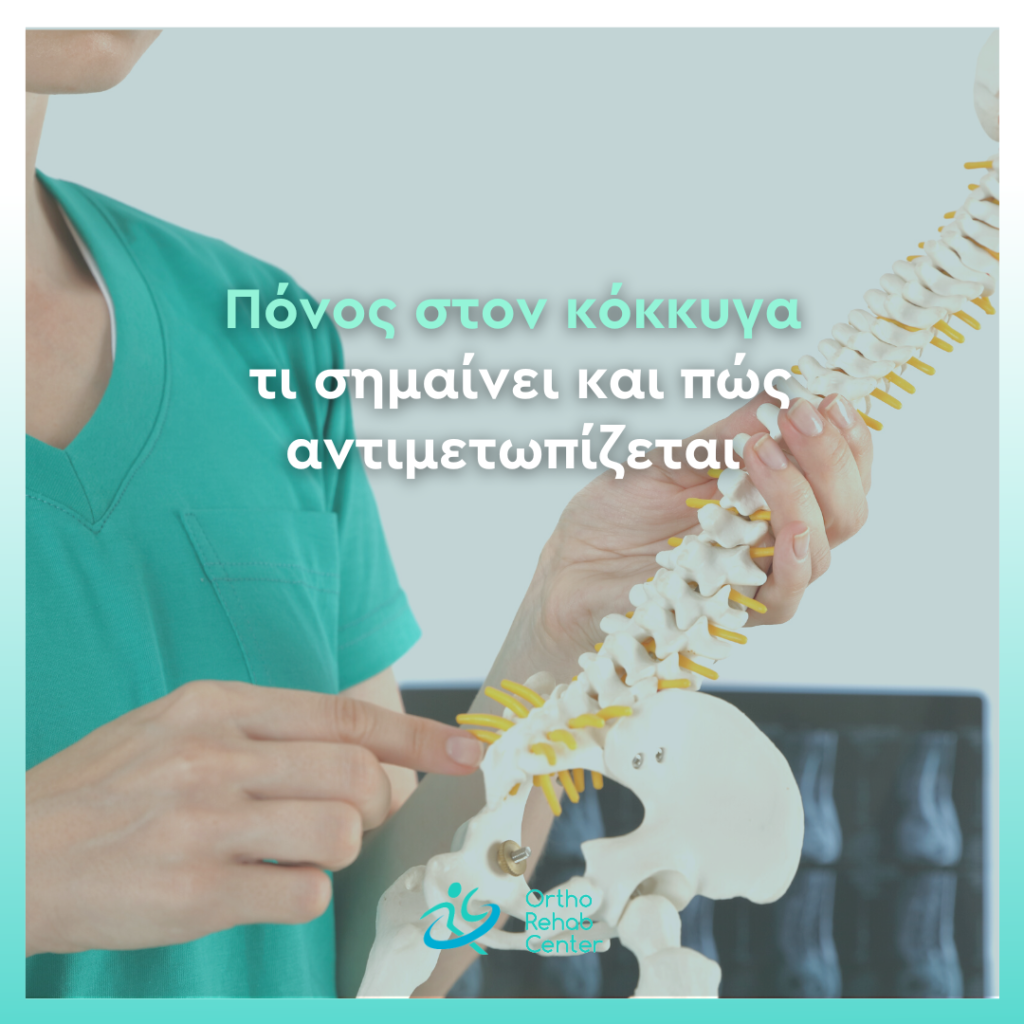Causes of Coccygeal Pain
The coccyx, commonly referred to as the “tailbone,” is located at the lowest point of the spine between the buttocks and contributes to trunk stability and pelvic floor function. Pain in the coccyx can result from various factors and can significantly impair daily activities, as even sitting on a chair may become painful. Coccygeal pain is more prevalent in women than in men.
Common causes of coccygeal pain include:
- Trauma, e.g., from falls, accidents, or direct injury
- Childbirth
- Repetitive friction, such as in rowing athletes
- Age-related degeneration
- Obesity
- Pelvic floor dysfunction
- Disorders of the large intestine
- Constipation
- Spinal infections
- Tumors
- Coccygeal fractures
- Pilonidal cyst
- Intervertebral disc herniation
- Idiopathic causes
Symptoms and Treatment of Coccygeal Pain
Coccygeal pain may be accompanied by additional symptoms, depending on the underlying cause. These can include Vomiting,Nausea,Pain in the anal region,Loss of sensation in the area.Other characteristic symptoms of coccydynia include Pain that worsens when sitting or when rising from a seated position,Pain during defecation,Pain during sexual intercourse.
Treatment of Coccygeal Pain
Coccygeal pain can be managed using the following approaches:
- Use of a specialized cushion while seated
- Adjustment and frequent alternation of sitting positions
- Cryotherapy
- Pharmacological treatment with non-steroidal anti-inflammatory drugs (NSAIDs)
- Corticosteroid injections
- Ιnjections PRP (platelet-rich plasma)
- Management of constipation through increased dietary fiber intake
- Surgical intervention, which is rarely recommended due to limited efficacy
Coccygeal pain rarely indicates a serious underlying condition and typically resolves within a short period. However, consultation with a specialist is recommended if symptoms worsen, recur, or are severe.

